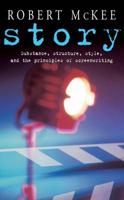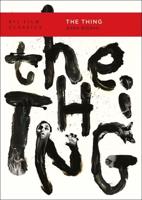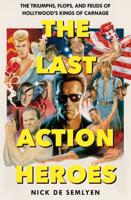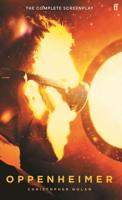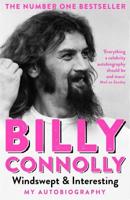Publisher's Synopsis
In America, few film directors attain the coveted status of auteur. With huge production costs and complex studio systems, it is rare for a single person to gain the level of creative control over all aspects of the filmmaking process - from screenwriting to editing to the sought-after ""final cut"" - that the auteur posses. Francis Ford Coppola, author Gene Phillips argues, is one of the better-known modern exceptions. The force behind such popular and critically acclaimed films as ""Apocalypse Now"" and the ""Godfather"" trilogy, Coppola has imprinted his distinct style on each of his movies and on the landscape of American popular culture. In ""Godfather"", Phillips argues that Coppola has repeatedly bucked the Hollywood ""factory system"" in an attempt to create distinct films that reflect his own artistic vision - often to the detriment of his career and finances. Phillips blends biography, studio history and film criticism to complete this comprehensive work on Coppola. Phillips conducted interviews with the director and his colleagues and examined Coppola's production journals and screenplays. Phillips also reviewed rare copies of Coppola's student films, his early excursions into soft-core pornography and his less celebrated productions such as ""One from the Heart"" and ""Tucker: The Man and His Dream"". The result is a definitive assessment of one of Hollywood's most enduring and misunderstood mavericks.


